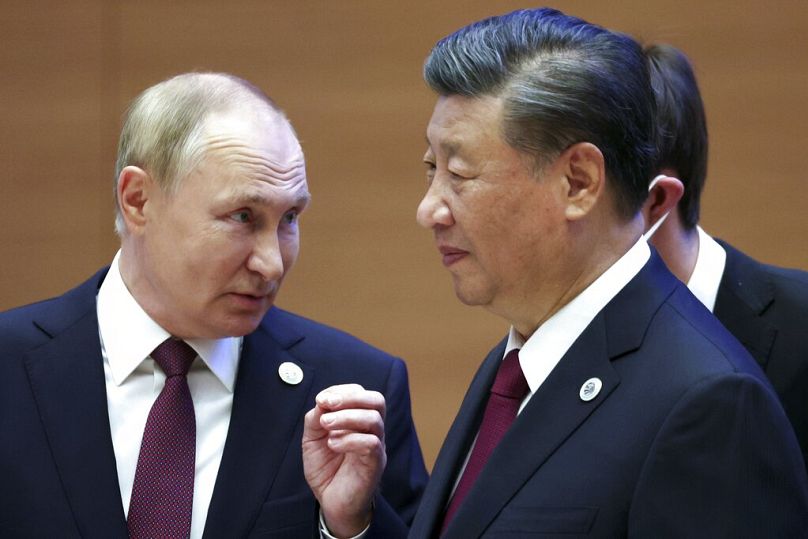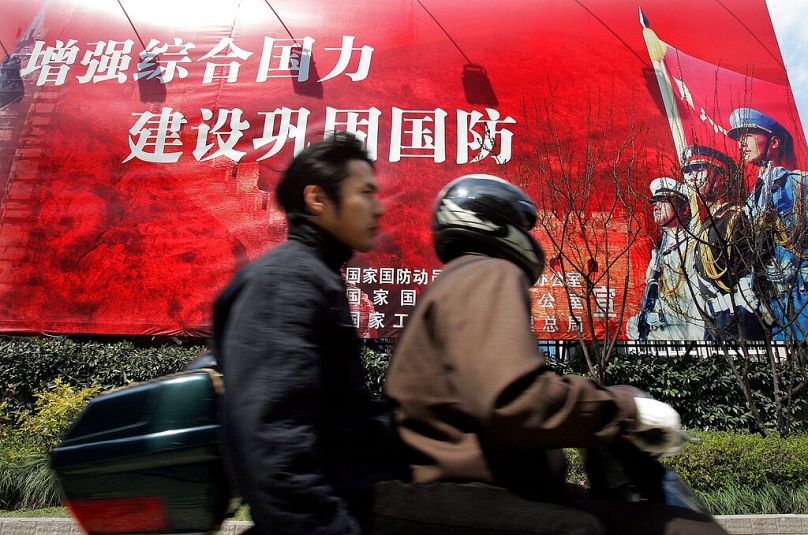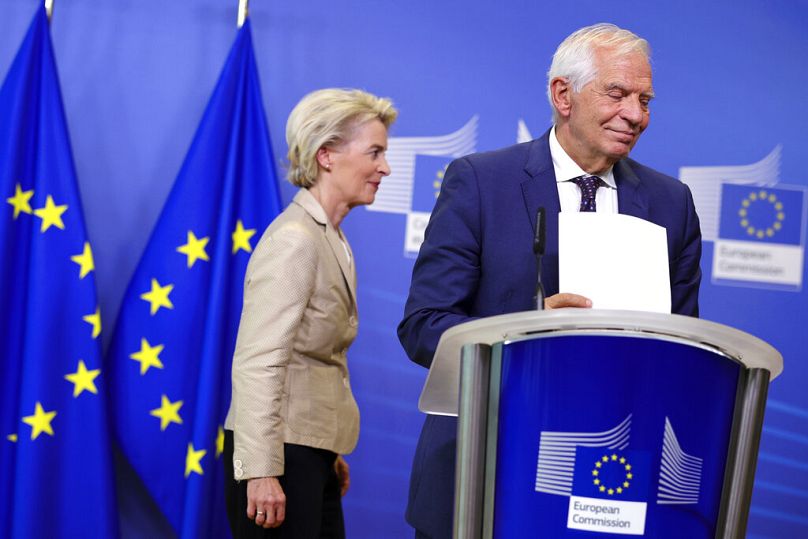If the two could join forces in their endeavours, it is possible that they could fuel regional development in Southeast Asia and elsewhere within the Global South where China has developed influence and a rooted footprint via its Belt and Road Initiative, Zsuzsa Anna Ferenczy writes.
In May, G7 leaders, meeting at the 2023 Hiroshima Summit, agreed that a “growing China that plays by international rules would be of global interest”.
 ADVERTISEMENT
ADVERTISEMENT
 ADVERTISEMENT
ADVERTISEMENT
Their call, for continuing multilateral engagement with Beijing did, though, request that China not conduct interference activities aimed at undermining the integrity of democratic institutions, and that the country should do more to press Russia on its military aggression in Ukraine.
Conversely, at this month’s Belt and Road Forum of International Cooperation in Beijing, Chinese leader Xi Jinping and Russian President Vladimir Putin celebrated the deepening of their mutual political trust, praising the close strategic coordination of the two countries.
This followed Xi’s March visit to Moscow when the two leaders reinforced their ambition to remake the liberal international order, with the Chinese leader reassuring his “dear friend” that they are driving changes “that have not happened for one hundred years”.
This deepening of relations captures a new geopolitical reality, which many in Europe are still struggling to comprehend.
Sino-Russian cooperation a growing concern?
Looking eastwards, Europeans now see two former foes, China and Russia, bound together by their shared fear of liberal democracy.
These regimes want to upend the world order so that it marries with their authoritarian agendas.
The bilateral meeting between Xi and Putin on the sidelines of the Belt and Road Forum this month left no question about Beijing’s desire to curate and present an alternative worldview to the Global South, while strengthening its strategic alignment with Russia.
The meeting also consolidated Putin’s support towards China’s positioning on international affairs, in line with the Global Security Initiative, which Xi designed to help China achieve global primacy against a perceived backdrop of Western inhibitors.
The scale of Sino-Russian cooperation is vast, multi-faceted, and developing at speed. For, not only are their militaries and economies now in a state of synergy, their diplomats and state-controlled media are also collaborating closely.
Chinese state-media and official social media channels routinely amplify selected pro-Kremlin narratives and are also platforming Russian media sanctioned by the West.
This growing strategic partnership is forcing the EU to finally get serious about its claims to rethink ties with China – and, by association, with Russia – in what European Commission President Ursula von der Leyen called the de-risking of trade and political relations.
China is changing, and “moving into a new era of security and control”; it is time for Europe to change, too.
Brussels needs a defensive toolbox — Taiwan can help
How this can be effected, though, is still at a fragmented stage of development, and was a key point of discussion at this year’s Budapest Forum. The EU High Representative Josep Borrell has urged the bloc and its member states to work with democratic partners around the world to fight information manipulation by authoritarian regimes.
This is an important step, which marries with wider efforts to position the EU as an independent voice and force on the world stage.
By focusing on Russia and China as key foreign actors in information manipulation and interference, the EU continues to invest in strategic communication, vital to defend democracy.
But it is essential that closer coordination at home is supported by a defensive toolbox for economic security and stronger cooperation with like-minded international partners, including Taiwan, if the bloc is to effectively push back at China and Russia’s developing orbit.
What is needed most to boost the immune system of democracies is a whole-of-society approach and an inclusive global conversation with the developing world.
The learning pools from Taiwan, and its response to Chinese aggression, are particularly important. For, here, over decades, democracy has withstood a barrage of disinformation and hostility from China.
And, as a testament to the island nation’s strength, it has developed an approach that reflects the collective will of society and encourages a civic spirit that empowers citizens to feel that they hold the reigns of their democracy.
This has extended to emerging and digital technologies, which are now seen through the lens of individual citizen interest, rather than benefiting those of the country’s political class.
Can the EU lead into action?
This has established a two-way trust, which, today, not only sees Taiwan hold the status as a pivotal node in the global semiconductor supply chain but also boasts a radically transparent democratic system of government.
The lessons for Europe are numerous, and it is in the EU’s interest to explore Taiwan’s open and technologically driven governance and its expertise in media literacy.
For the past decades, the government has invested in education to empower its citizens to make informed decisions about what they see and read. Together, the EU and Taiwan and other democratically-minded countries could develop a networked system that would undercut the space for authoritarian regimes to corrupt information streams with falsehoods.
The two, and others committed to this cause, should partner up and help anchor developing countries in democracy and limit China’s negative clout, mindful that significant infrastructure investment needs will remain across the Global South.
Europe’s Global Gateway forum, for one, seeks to boost secure links in digital, energy, transport and education along with democratic values, while Taiwan’s New Southbound Policy has committed to integrating its capacity in digital technology to promote a digital New Southbound initiative.
If the two could join forces in their endeavours, it is possible that they could fuel regional development in South East Asia and elsewhere within the Global South where China has developed influence and a rooted footprint via its Belt and Road Initiative.
All of this points to the necessity for Europe to be more global-minded in its policy, and to take on the role of upholding not just its own, but other, developing democratic ecosystems.
Understanding the long-term consequences of information manipulation by authoritarian regimes to the rules-based order will be key to the future of global democracy.
The question is: is the EU prepared to fundamentally change its position, and lead in this action?
Dr Zsuzsa Anna Ferenczy is Assistant Professor at National Dong Hwa University in Hualien, Taiwan and the author of "Europe, China, and the Limits of Normative Power".
At Euronews, we believe all views matter. Contact us at view@euronews.com to send pitches or submissions and be part of the conversation.













